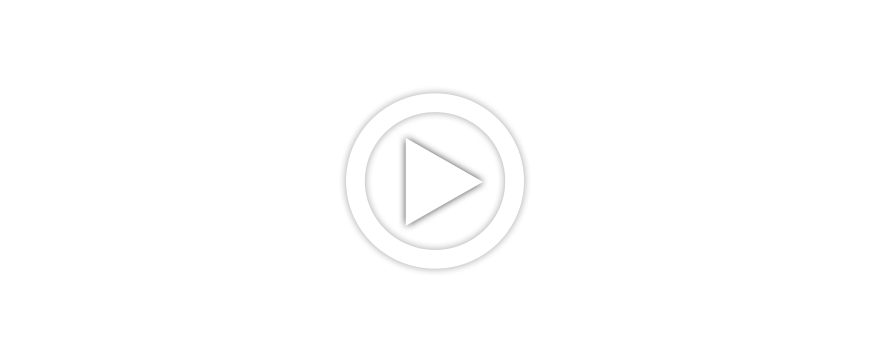Interview with the director
In Dialog with Fabian Schmalenbach
Why did you want to make the documentary film "Sober Together"?
I simply found everything about Hof Fleckenbühl exciting: the fact that addicts take in other addicts here, without doctors or therapists. Can that work? There are controversial opinions about the yard, partly from former residents, ranging from very negative to totally positive. I asked myself: What is the farm really like? And I wanted to get my own impression!
What is so special about Hof Fleckenbühl?
Hof Fleckenbühl is a self-help facility where addicts can learn to live a drug-free life in the community. There are no doctors, therapists, social workers or other professionals here. The drug addicts support each other in their withdrawal and their life afterwards. The concept essentially consists of a radical break with the past and strict control. On the third largest Demeter farm in Germany, about 120 addicts currently live their lives according to the strict rules set for them by the community. All these rules are worked out by the addicts themselves in order to be able to live drug-free. Many of the addicts stay on the farm for years, decades or even their entire lives, because they feel that they can only stay clean here. The management of the yard is also in the hands of a few long-time members. Fleckenbühl is recognized by the state as a drug treatment facility, although many experts consider the methods of the farm to be questionable. Some critics say that the court has cult-like structures, e.g. because there is a strict hierarchy and all financial means of the addicts, including savings and cash, have to be signed over to the court.
Why a long-term observation of one year?
Fleckenbühl has a long-term orientation, which requires long-term documentation. The residents should be there for at least one year, even two years are recommended. It was therefore clear that we had to shoot for at least one year in order to show the various developmental steps of the residents.
How did you manage to build up trust with the residents of the farm?
During the filming, we repeatedly lived on the farm ourselves for a longer period of time. We slept in the guest room and sat at the table with the residents for breakfast, lunch and dinner in the large dining room. Without the camera being there, we spent a lot of time with the residents. The actual filming began late in the day. In the beginning, we only collected cutaways from the courtyard. Because we were there so often and so integrated into farm life, at some point the farm residents no longer perceived us as a foreign body.
What is the thematic core of the film? What was your question?
I found it interesting that at Hof Fleckenbühl people create something in the community that they can't do alone. Theoretically, anyone could just stop taking drugs. But they can't do it alone, they need each other. But can drug withdrawal succeed without any professional help?
What were the biggest difficulties and challenges?
The actual idea was to accompany people who were new to the court for a year. Unfortunately, many who were new dropped out quickly. After we had spent the first three months on the farm, almost everyone we had shot with up to that point had left again. So we had to be very flexible to what was happening. We didn't know who would stay and whether the protagonist, who told us today that he wanted to stay for a year, would spontaneously leave the next day. So we shot with many more protagonists than are finally seen in the film.
What was the camera and editing concept of the film?
We shot purely observationally, nothing was staged. In editing, we decided against the fast cuts typical of television and in favor of a calm narrative style with long takes. The interviews were almost entirely off-screen. The quiet atmosphere, in which the personal stories of all the protagonists can really take effect, was very important to us.
How did the people of Fleckenbühl react to this?
They actually reacted surprisingly relaxed to the accusations expressed in the film, since they are also used to criticism of their institution and already know the points of criticism. We were particularly surprised that some long-time residents were really grateful that "Gemeinsam nüchtern" shows all facets of the farm, including the critical ones, and thus paints a realistic picture, since there had previously been reports about the farm that were purely positive.
What do you think is good or bad about the Fleckenbühl self-help concept?
I look at Fleckenbühl from a neutral point of view, as does the rest of the film team. We have all always tried to maintain our journalistic neutrality. Of course, we also discussed certain things internally, such as the hierarchy on the farm. But it was important for us to keep our opinions, which also differed, so that we could meet the protagonists at eye level and without judgment.





